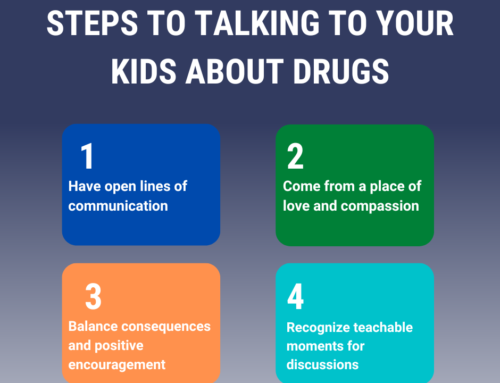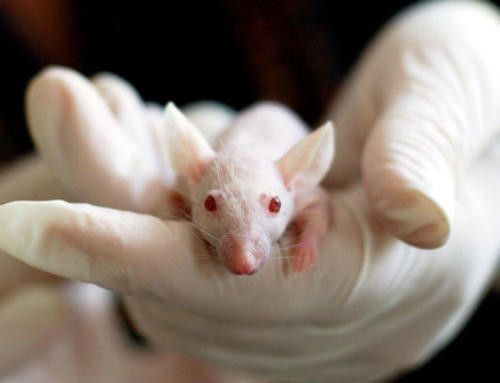Drug and alcohol abuse are typically seen as root causes for various other illnesses that can occur when an individual is using substances. There are typically five common co-occurring disorders with alcohol people may not have awareness around. Knowing what they are can be helpful in supporting loved ones who are struggling with addiction.
Post-Traumatic Stress Disorder (PTSD)
Post-traumatic stress disorder (PTSD) is most commonly seen in war veterans who return home from active duty to find themselves unable to fit back into civilian life. Early diagnosis of this disease are recognized in WWII but not fully recognized until after the Vietnam War. the lack of knowledge about PTSD left military personnel scrambling to figure out how to support veterans. They began to use recreational drugs as medicine to support their mental health. Alcohol or other depressants may be used to deal with anxiety and other issues associated with PTSD.
Gambling
Gambling addiction has been happening for a very long time, but little is known about the root causes. Depression or other cause-and-effect illnesses can be traced but gambling as a pathological issue is less well known. Adrenaline is a common objective for a gambler, which leads to reckless behaviors.
Bipolar Disorder
The highs and lows of being bipolar can lead people to engage in alcohol and rug use to support their mood swings. The chemicals may seem to lessen the variety of mood swings but it is not a concrete fix. People who suffer from bipolar disorder can do more harm than good with what they take, especially if they are drinking.
Schizophrenia
Schizophrenia is a difficult co-occurring disorder because it surfaces in much the same way as drug and alcohol abuse. It is difficult for police officers to tell if a person is suffering from mental illness or under the influence of a substance. Amphetamines may be taken by people with schizophrenia which can have detrimental effects on the person’s life.
Eating Disorders
Those who suffer from eating disorders are estimated to have a 50 percent chance of also having a substance abuse problem. Alcohol intake can induce vomiting and some people may want to do that. Amphetamines can be abused because they suppress a person’s appetite.
Suffering from a mental illness and addiction can be challenging, but there is hope. Finding help for a co-occurring disorder can help alleviate some symptoms and support a healthy recovery.
The Springboard Center’s addiction treatment programs are tailored to meet the needs of each client. By utilizing a set of diverse methods of addiction treatment, we are able to deal with your addiction from all angles and concentrate on every aspect of your healing process. It is important to recognize that many of our services offer a group setting and environment, so that the client spends time with other people affected by the same chronic disease and problems. 432-620-0255




